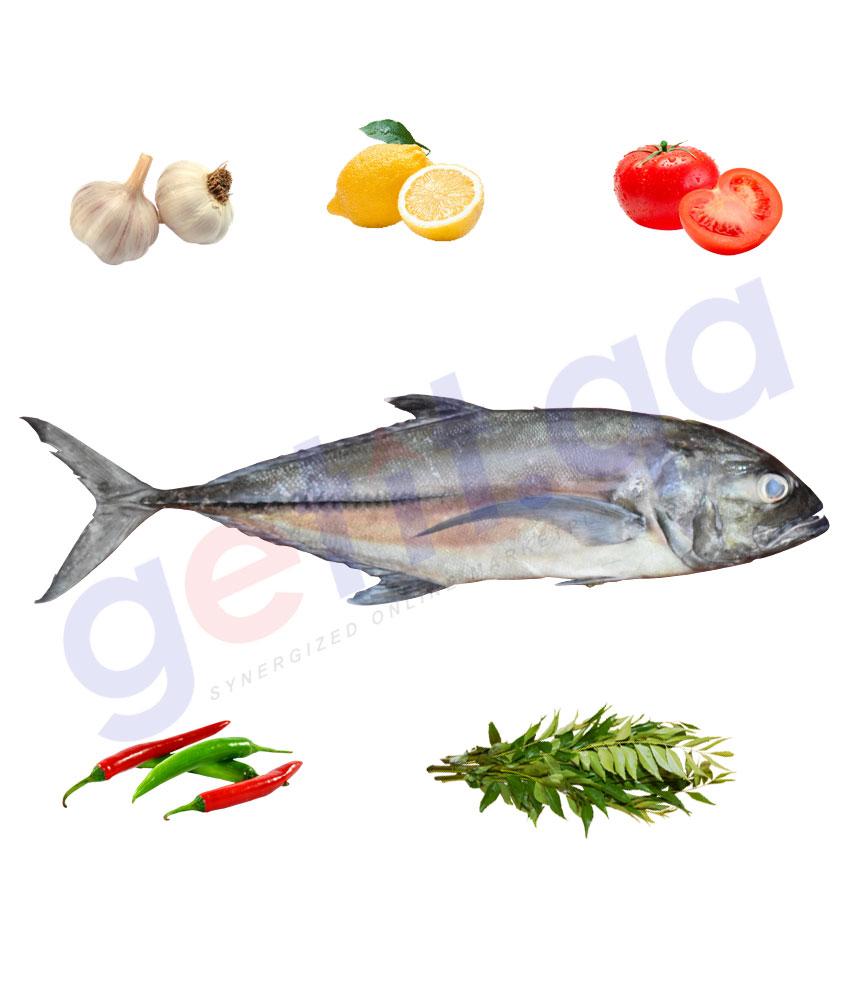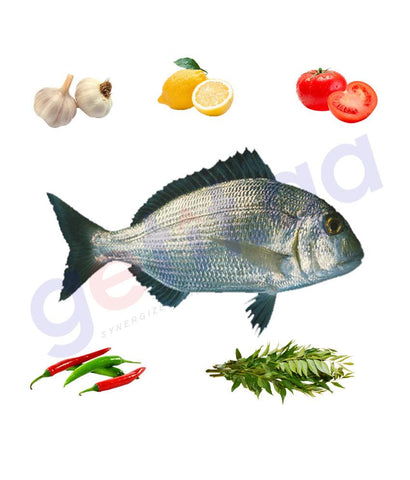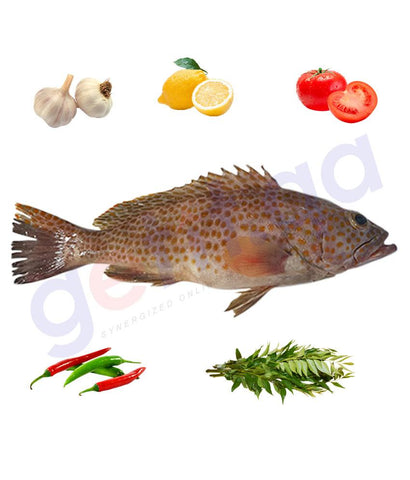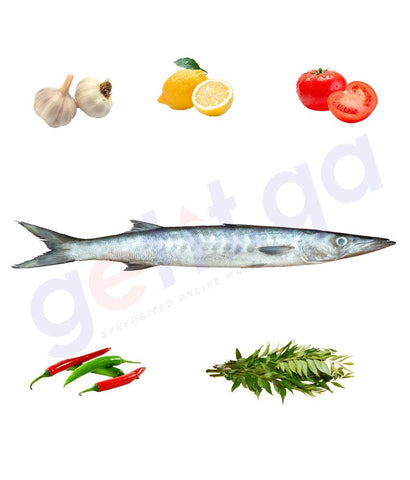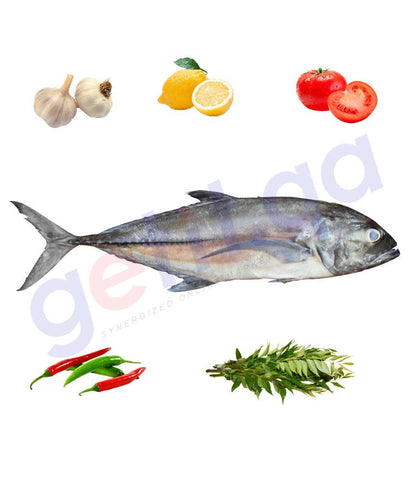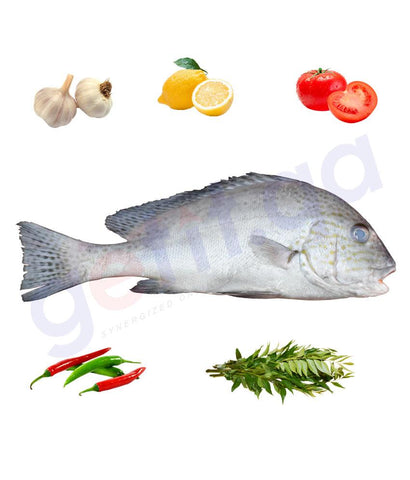SUBAITI - سبيطى - SOBAITY SEABREAM
SUBAITI - سبيطى - SOBAITY SEABREAM
| Environment/Climate/Range | Marine; reef-associated; non-migratory; depth range 4 - 300 m. Tropical, preferred 28°C ; 37°N - 34°S, 28°E - 169°W. |
| Distribution | Indo-Pacific: Red Sea to Natal, South Africa and eastward to the western Pacific, north to southern Japan, south to New Caledonia. Records from Persian Gulf are apparently misidentifications of Epinephelus polylepis. Not verified from the Comoros, continental shelf between Oman and Cambodia, Taiwan, Philippines, Indonesia, and Australia. |
| Size / Weight / Age | Max length : 80.0 cm TL male/unsexed; common length : 50.0 cm TL male/unsexed; max. published weight: 7.0 kg ; max. reported age: 29 years |
| Short description | Dorsal spines (total): 11; Dorsal soft rays (total): 16-18; Anal spines: 3; Anal soft rays: 8. Live color whitish, with small dark brown spots on head, body, and fins except ventrally on head, thorax, and lower abdomen. Can assume a transient color phase of 3-4 rows of very large round dark spots on top of the small-spot pattern. 96-125 scales in longitudinal series. Pyloric caeca 26-52, characterized further by having ctenoid body scales, except cycloid scales on nape, thorax, parts of ventral abdomen; body with auxiliary scales; greatest depth of body 2.8-3.3 in SL; truncate to slightly emarginate caudal fin; pelvic fins 1.7-2.4 in head length ; interorbital slightly convex; preopercle angle rounded, 4-7 enlarged serrae at angle below a slight notch; upper edge of operculum straight; posterior nostril not noticeably larger than anterior nostril; maxilla reaches about to vertical at rear edge of eye; scaly maxilla, low step on posterior part of ventral edge; 2-4 rows of teeth in midlateral part of lower jaw, inner ones about twice the size of outer teeth. |
| Biology | Found over a wide range of habitats like seagrass beds and outer reef slopes, also on mud bottoms. Solitary. Feed on small fishes and crustaceans (mainly stomatopods and crabs). Sexual transition from female to male occurs between 35-45 cm, but not all females change sex. Mature individuals form spawning aggregations. E. chlorostigma is closely related and very similar to E. polylepis and E. gabriellae which seem to replace it in the northwestern Indian Ocean. Solitary |




